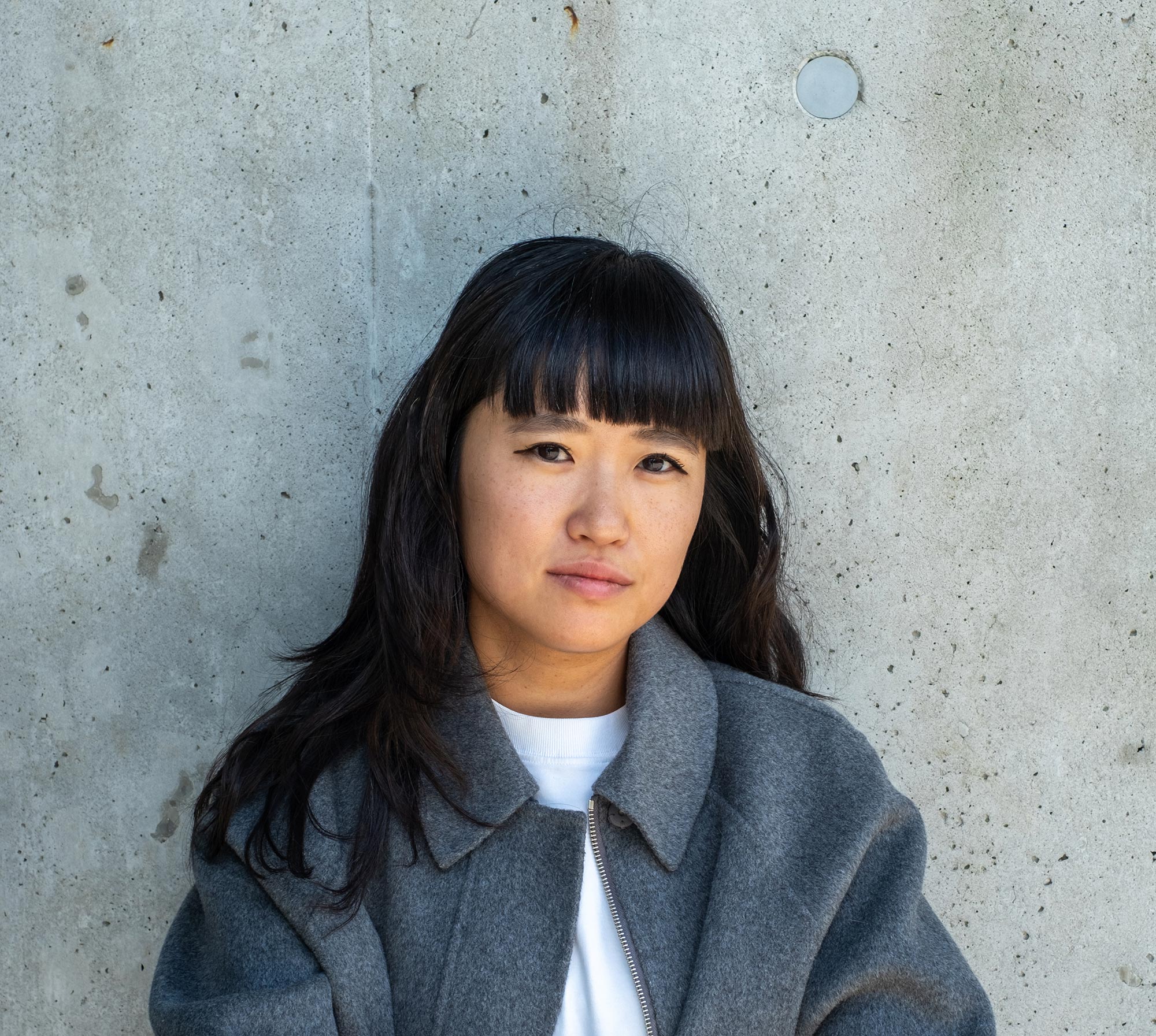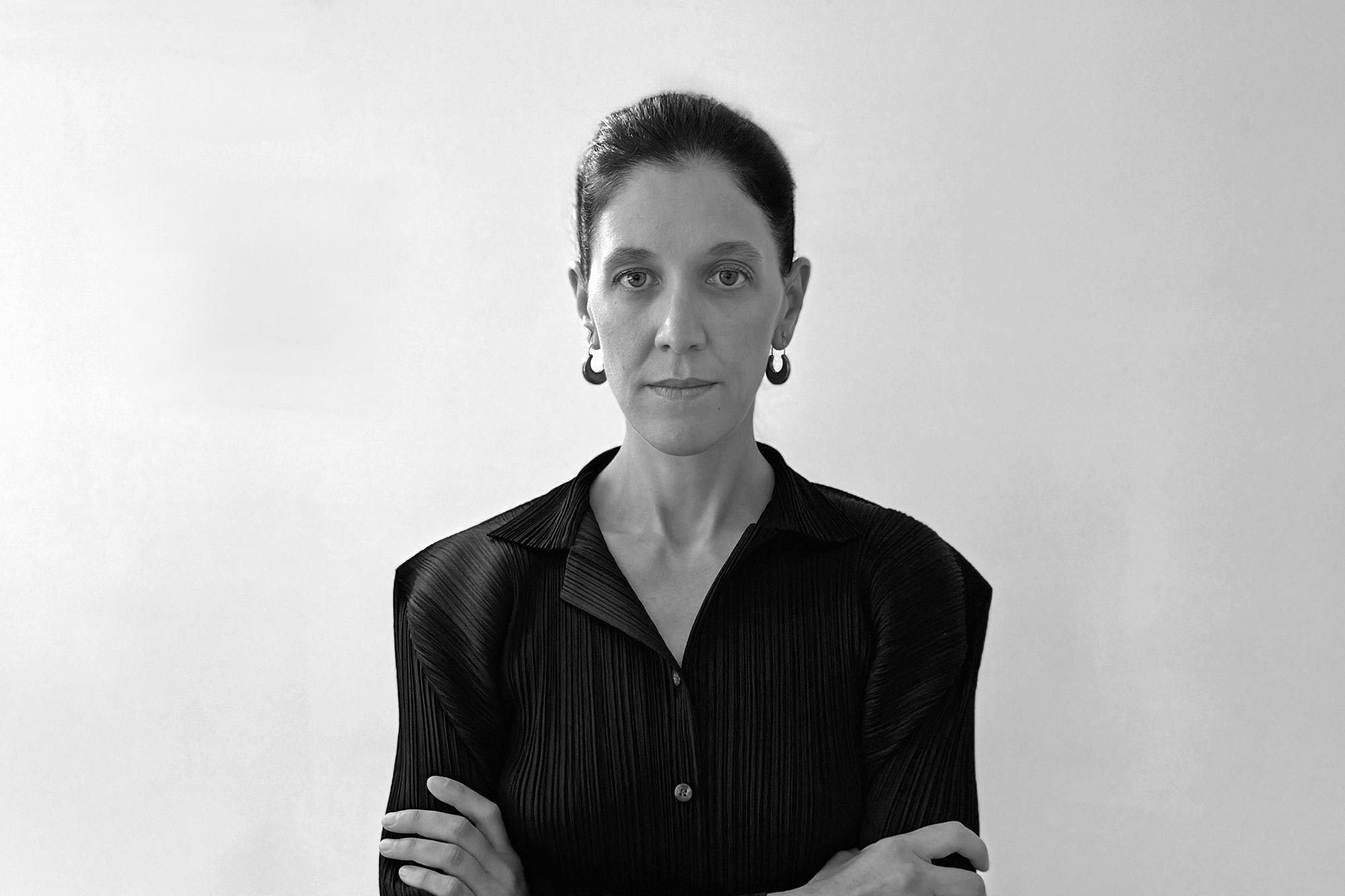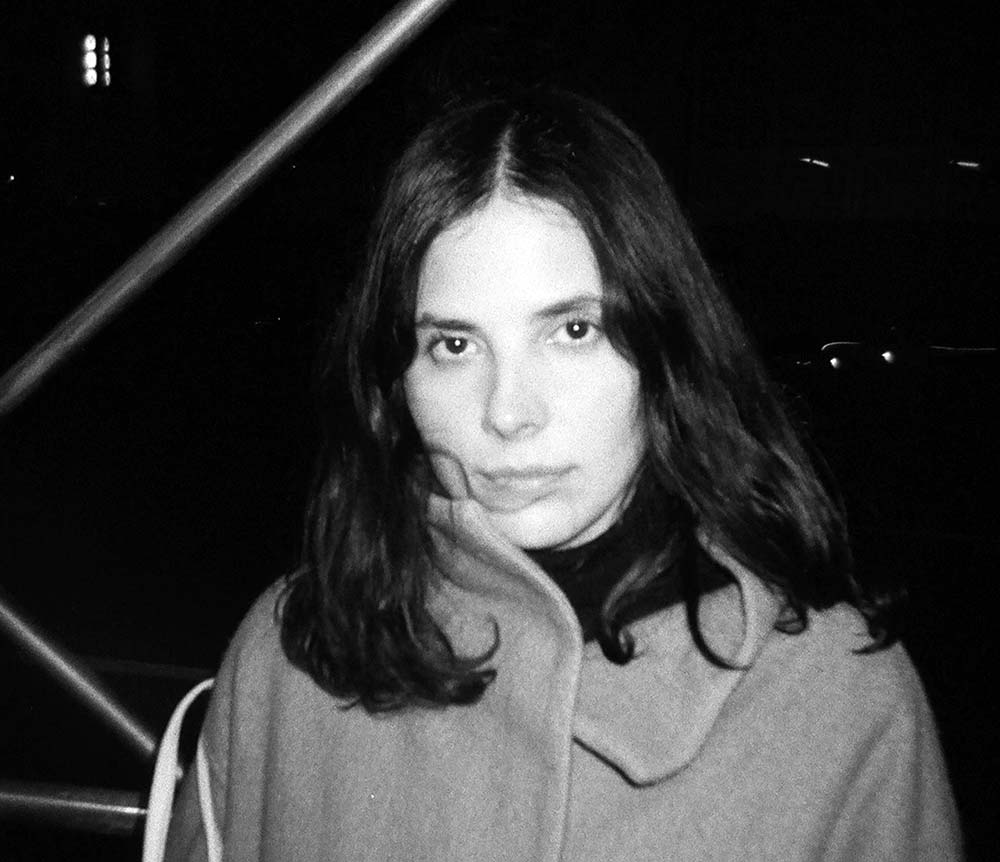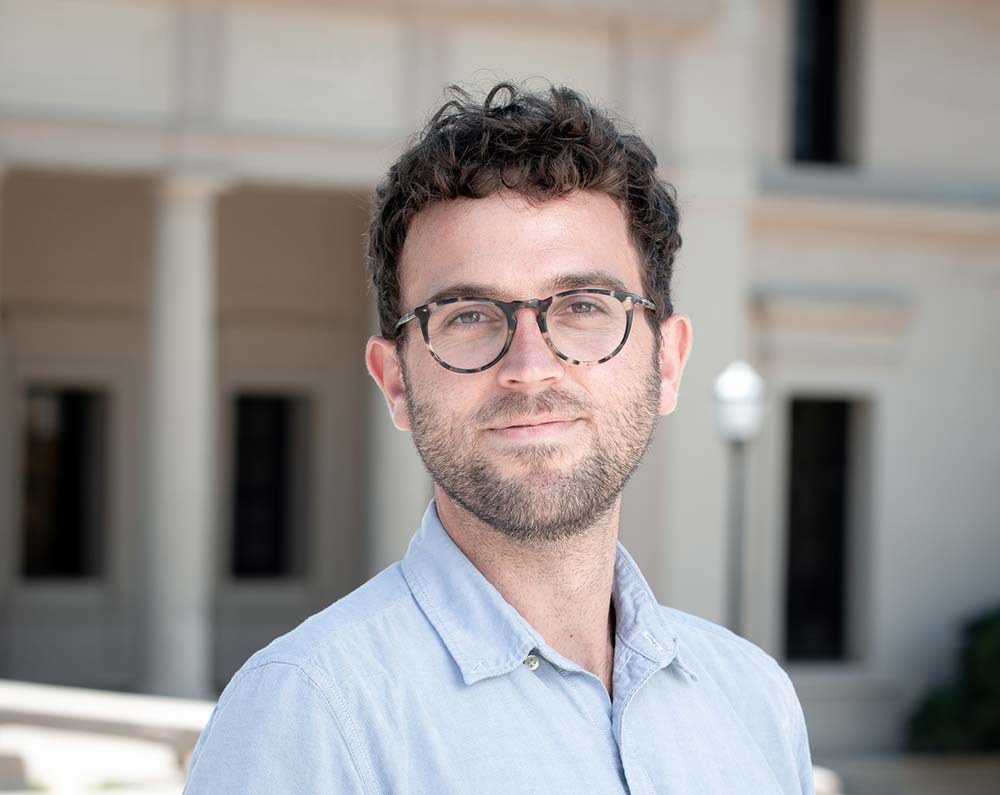Current
Fellows
Angela Cho is an architectural designer, educator, and ceramicist based in Toronto and Ann Arbor. Highly manual and abundant in plaster and clay, her work grapples with philosophies and techniques of memory, preservation, scale, tactility, originality, and experiential sequence. Her design and pedagogy attempt to exacerbate natural tensions between index and mimesis, accident and control, movement and stillness, detail and context, and between different media, the latter often dissolving the conventional boundaries between disciplines. She has worked at Productora in Mexico City and Office of Adrian Phiffer in Toronto and collaborates with Phiffer on architectural competition projects. Cho has been supported by the Canada Council for the Arts and the Ontario Arts Council, has exhibited internationally, and has attended artist residencies in South Korea and the United States. She has taught at Toronto Metropolitan University and at The University of Toronto, where she obtained a bachelor’s degree in interior design and a master’s in architecture.
Tess Clancy is a designer and educator based in the U.S. and Rome. Her research and design lie at the intersection between architectural history, memory of place, and political power structures, specifically the complex role of public monuments and architecture’s capacity to augment and subvert the embedded power of a monument. She is particularly concerned with the potential for experimental representation to visualize and synthesize such intersections and augmentations. Her master’s thesis (Eroding the Confederacy: Revealing and Dismantling White Supremacy on Richmond’s Monument Ave.) won the Ruth Bentley and Richmond Harold Shreve Award for best M.Arch thesis. In 2023 she received the Robert James Eidlitz travel fellowship to fund an ongoing project, Architectures Against Fascism. Her work is published in the Cornell Journal of Architecture (Fear, Sp. 2020) and the Hyphen Journal (Penn State, 2023). She has taught studios and visual representation courses at Cornell University’s College of Architecture, Art, and Planning (AAP) and Penn State University and worked for New Affiliates in New York Labics in Rome. She holds a bachelor’s degree from Bryn Mawr College and an M.Arch from Cornell AAP.
Nitzan Farfel is a designer, researcher, and educator whose work interrogates adaptive infrastructure, spatial politics, and the representational tools architecture uses to render systems visible. Selected as an architecture design fellow, her projects operate across deployable design, critical documentation, and visual media — mobilizing architecture to expose the material, ecological, and narrative structures that organize contested territories. Her current project, “Amber Wars,” examines illegal amber mining in Ukraine’s Polesia region as both a territorial operation and a representational void. Farfel has practiced in Paris, Athens, Toronto, and New York, contributing to projects with Atelier Tsuyoshi Tane, Workshop-S, and ACDO. At OMA, she co-produced and co-edited Shohei Shigematsu’s monograph for a+u and contributed to partner lectures, exhibitions, and publications. Her design work spans installations and buildings at multiple scales, including the Citizen Watch installation for Baselworld 2018. As visiting assistant professor at Kansas State University, she taught studios and seminars on speculative ecologies, planetary systems, and spatial storytelling. She is currently leading the development of Kansas’ Riley County Fairgrounds and continuing to document fairgrounds across the United States for her project “Supersites.” Farfel holds a Master of Architecture from Princeton University and a Bachelor of Architectural Studies from the University of Waterloo.
Francesca Mavaracchio is an Italian architect and the co-founder of 4051, a multidisciplinary practice operating between Italy and Switzerland. Her research explores contemporary forms of visual representation and their potential physical manifestations in architecture. In 2023, she was a fellow at the MacDowell residency program in Peterborough, where she developed a series of works that translate relevant contemporary narratives into architectural elements. Francesca previously worked as an architect at Herzog & de Meuron in Basel, contributing to projects across Switzerland, Italy, France, South Korea, and China. She holds an MSc in architecture, urbanism, and building sciences from TU Delft and a Bachelor of Science in urbanism from Politecnico di Milano.
Gus Wendel, Ph.D.,’s research explores urban planning’s role in the formation of sexual space, the intersectional use and design of public space, and alternative spatial research methods grounded in the urban humanities. He joins Taubman College as a Fishman fellow. His peer-reviewed work has been published in The Journal of Urban Affairs, The Journal of Public Space, and Technology | Architecture + Design. His dissertation investigates how municipal incorporation and redevelopment helped establish West Hollywood as the “first gay city,” and its broader implications for diverse gender and sexual minorities. He previously served as associate director of the UCLA Urban Humanities Initiative, an interdisciplinary teaching and research program within cityLAB-UCLA that brings together the interpretive, historical approaches of the humanities with the material, projective practices of design to address pressing urban and environmental issues. He is also a founding member of the Urban Humanities Network, the Digital Salon, and the (Un)Common Public Space Group. Wendel earned a doctorate and master’s in urban and regional planning from the UCLA Luskin School of Public Affairs and a bachelor’s in international relations and Italian studies from Brown University.










